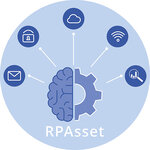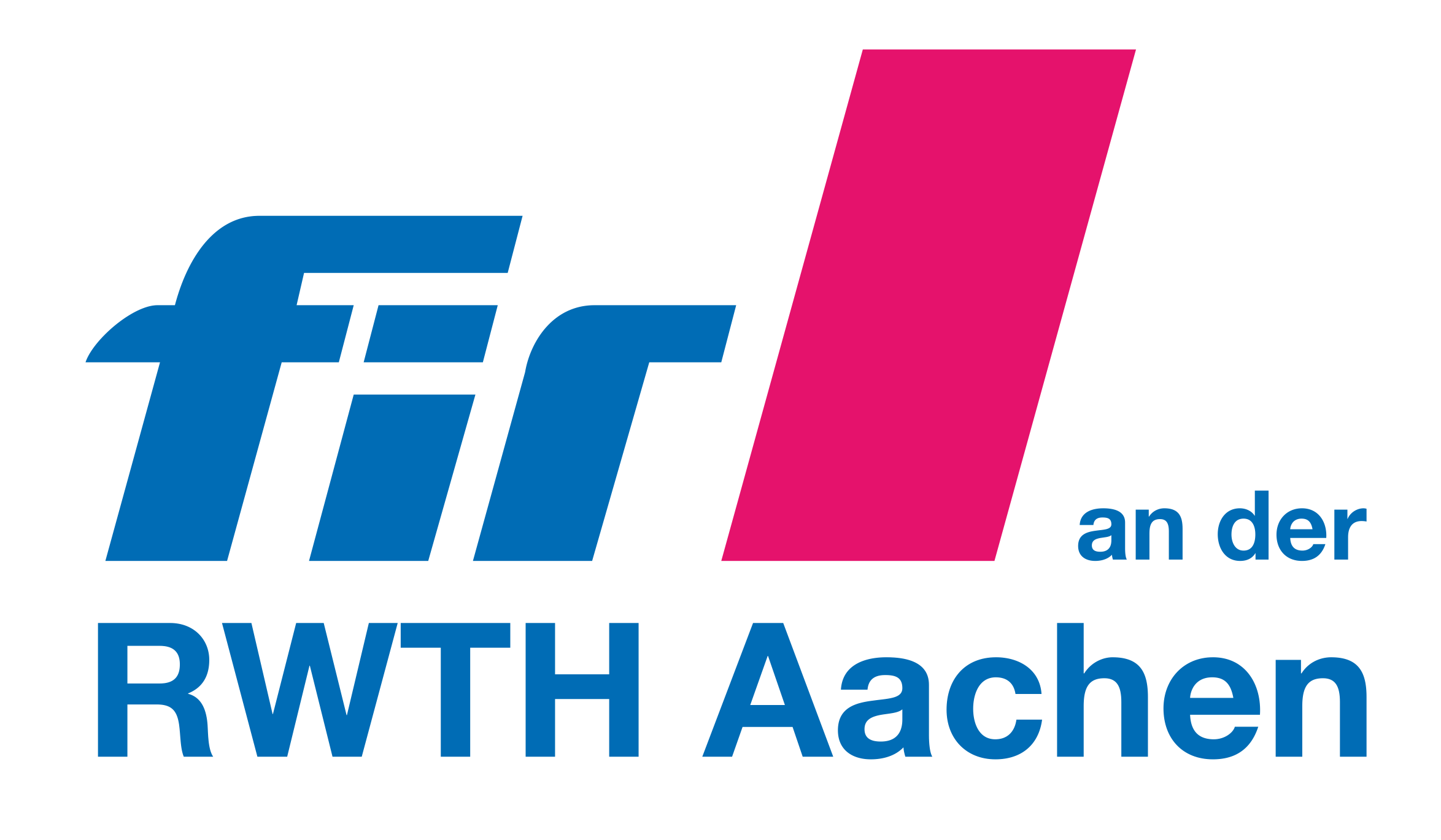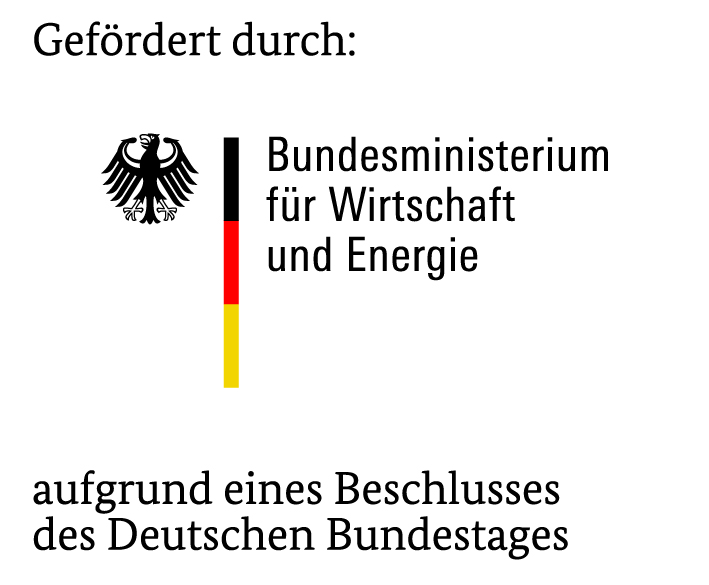RPAsset
Software-based automation of administrative processes using robotic process automation

The aim of the RPAsset research project is to identify suitable processes and technologies for SMEs in order to demonstrate an optimal integration strategy for robotic process automation (RPA) that adequately takes into account organizational and process-related as well as human aspects.
Initial situation
The research project RPAsset addresses the problem of insufficient efficiency of administration processes of small and medium-sized enterprises. One possibility to exploit potentials is the use of robotic process automation. This procedure already enables large parts of the administration activities in companies to be automated today through standardized data processing.
Solution path
With the help of a newly designed tool, processes within a company are identified that are suitable for the application of RPA. The RPA applications are then analyzed and modeled, and suitable RPA software is evaluated and selected. In addition, suitable algorithms and machine learning tools are identified and compared for the meaningful use of RPA applications. Furthermore, the introduction of RPA at the organizational level will be investigated. Based on the results, the implementation will then be carried out using exemplary processes in the companies of the PA. The effects of the introduction of RPA are recorded. The results are secured for the companies by transferring the result components into an interactive and easy-to-use digital manual. The (interim) results are transferred into practice for direct application.
The project aims at four key outcomes:
- Concept of a tool for evaluating RPA applications for administration processes
- Configurator for modelling RPA applications
- Help for selecting suitable algorithms for automated process steps containing a decision component
- Concept for the individual introduction of RPA applications for SMEs
Benefits for the target group
The results of the research project RPAsset will enable SMEs in Germany to identify the relevant administrative processes and to implement RPA applications in a resource-saving manner. The released time resources can, for example, be used to work on more complex topics with high cognitive demands.
Project partners
- 4C Group AG, Düsseldorf
- Advanced Industry Analytics GmbH & Co. KG, Ulm
- Airbus Operations GmbH, Hamburg
- ALMATO GmbH, Reutlingen
- DERICHS u KONERTZ Projektentwicklung GmbH, Aachen
- Deutscher Process Automation Verband e. V., Magdeburg
- Drees & Sommer SE, Stuttgart
- exprobico, Firscherhude
- FAS AG, Stuttgart
- Horváth & Partners Management Consultant, Stuttgart
- IPRI International Performance Research Institute gemeinnützige GmbH, Stuttgart
- Lebenshilfe Aachen Werkstätten & Service GmbH, Aachen
- Markus Starke Management Consulting, Hamburg
- noltewerk GmbH & Co. KG, Greven
- Roboyo GmbH, Nürnberg
- SCHOTTEL GmbH, Spay/Rhein
- Servicetrace GmbH, Darmstadt
- SEW-EURODRIVE GmbH & Co. KG, Bruchsal
- SMS digital GmbH, Düsseldorf
- SUBITO AG, Mörfelden-Walldorf
- TEN4 Consulting GmbH, Frankfurt
- TRUMPF GmbH + Co. KG, Ditzingen
- UI Path GmbH, München
- WARGITSCH & COMP. AG, Pfaffenhofen an der Ilm
- Westaflexwerk GmbH, Gütersloh
- YNCORIS GmbH & Co. KG, Hürth
Branch
- IT, Software and Internet
- Consulting and Auditing
Topic Area
- Business Transformation
Research Focus
- Business Transformation Management
FIR Topics
JRF Guiding Topic
- Society & Digitization
Contactperson
Projectinfos
Duration
Funding no.
20661 NFunding information
Das IGF-Vorhaben 20661 N der Forschungsvereinigung FIR e. V. an der RWTH Aachen, Campus-Boulevard 55, 52074 Aachen, wird über die AiF im Rahmen des Programms zur Förderung der industriellen Gemeinschaftsforschung (IGF) vom Bundesministerium für Wirtschaft und Energie aufgrund eines Beschlusses des Deutschen Bundestages gefördert.




